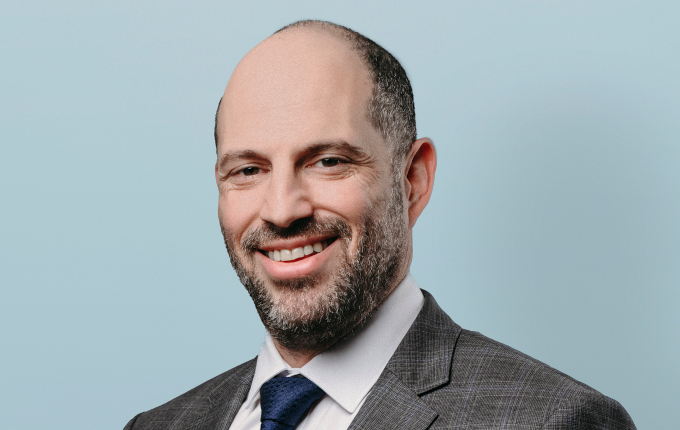Manager selection is a bit of a dark art according to the Australian Retirement Trust, as conventional statistical methods fail to give a definitive answer on the question of investment skill
Register to Access this Exclusive [i3] Insights Article
Create a free account to access exclusive interviews with asset owners, revealing insights on investment strategies, market trends, and portfolio allocations.
If you already have an account you can Login .
If you have any issues registering an account please send us an email at [email protected].

